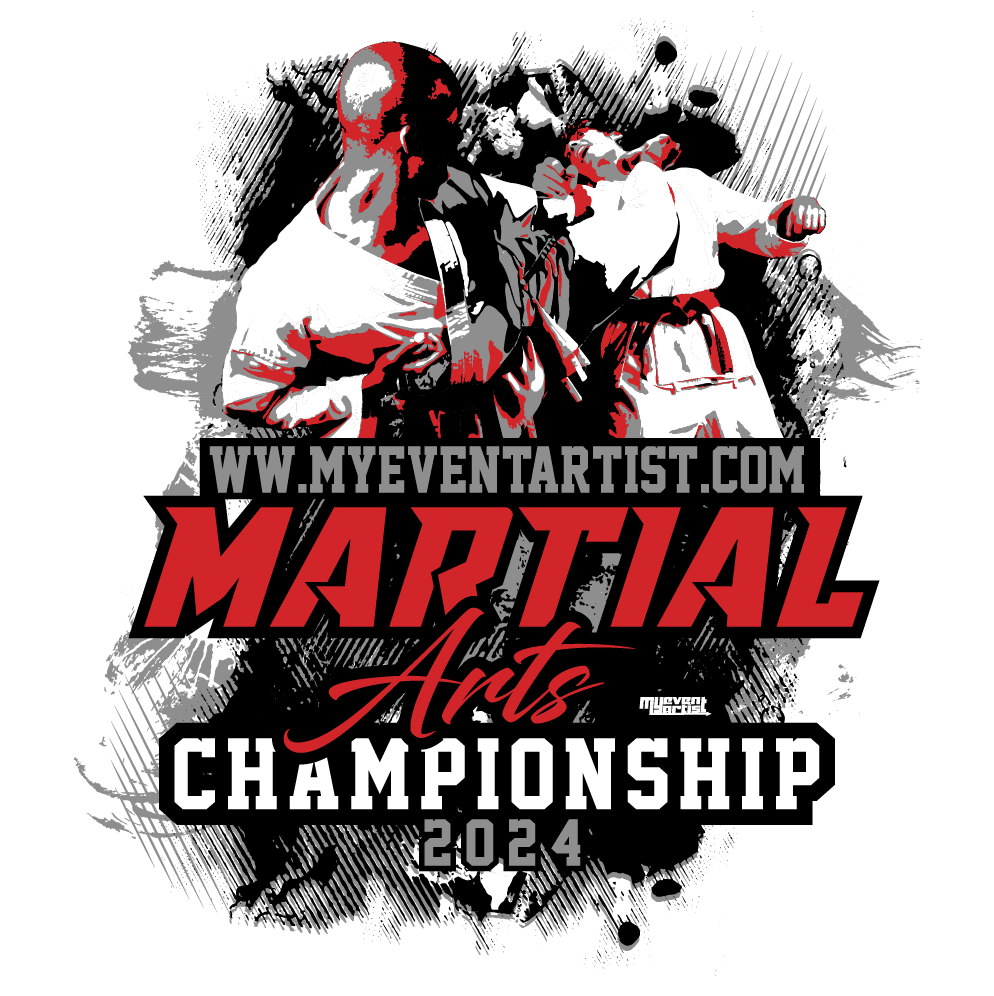Martial arts encompass a broad range of traditional combat practices that emphasize physical fitness, self-defense, mental discipline, and cultural heritage. From ancient techniques originating in Asia to modern disciplines practiced globally, martial arts offer a unique blend of physical prowess and philosophical insight. Whether you are considering taking up a martial art, an experienced practitioner seeking deeper knowledge, or simply an admirer of the art, this guide will delve into the essential elements of martial arts and highlight the culture that surrounds it.
1. The Objective of Martial Arts
The primary goal of martial arts varies by discipline and practice focus. Generally, martial arts aim to:
- Self-Defense: Many martial arts teach techniques that enable practitioners to protect themselves in dangerous situations. This skill often extends beyond physical techniques, incorporating situational awareness and conflict resolution.
- Physical Fitness: Practicing martial arts helps improve overall physical health, including strength, stamina, flexibility, and coordination. Training sessions can be intense, offering a full-body workout.
- Mental Discipline: Martial arts emphasize mental focus, discipline, and resilience. Practitioners learn to develop patience, determination, and self-control through rigorous training and practice.
- Cultural Appreciation: Each martial art has its own cultural heritage and philosophy. Learning these aspects can deepen appreciation for traditions and histories from various parts of the world.
2. Types of Martial Arts
Martial arts encompass a wide array of styles, each with distinct techniques and goals. Here are some of the most prominent disciplines:
- Karate: A striking art focusing on punches, kicks, and knee strikes, karate teaches self-discipline and respect while fostering both physical and mental strength. It emphasizes kata (forms) and sparring.
- Taekwondo: Originating from Korea, taekwondo is known for its high, fast kicks and impressive jumping techniques. It emphasizes discipline, respect, and a deep connection to cultural traditions.
- Judo: This Japanese martial art focuses on throws and ground techniques, emphasizing the principles of leverage and balance. Judo practitioners learn to use an opponent’s energy against them, emphasizing self-control and technique.
- Brazilian Jiu-Jitsu (BJJ): A grappling-based martial art that emphasizes ground fighting and submission techniques. BJJ focuses on using technique and strategy to overcome larger opponents, making it widely popular in self-defense and competitive contexts.
- Kung Fu: A broad term for various Chinese martial arts, kung fu encompasses numerous styles that may include striking, grappling, and weapon training. It often emphasizes fluid movements, breath control, and a connection to Chinese culture.
- Muay Thai: Known as the “Art of Eight Limbs,” Muay Thai utilizes punches, kicks, elbows, and knees. It focuses on conditioning and technique, making it highly effective for both self-defense and competition.
3. The Philosophy of Martial Arts
Beyond physical training, martial arts are deeply rooted in philosophical teachings that promote personal growth and societal values:
- Respect and Courtesy: Martial arts emphasize respect for instructors, fellow students, and the traditions of the discipline. Practicing these values fosters a respectful environment conducive to learning.
- Self-Discipline: Training requires consistency and commitment. Practitioners often experience personal growth by overcoming challenges and pushing their limits.
- Mindfulness and Focus: Many martial arts incorporate meditation or breathing exercises, helping students cultivate mindfulness and mental clarity, which can transfer to everyday life.
- Community and Camaraderie: Martial arts foster a sense of belonging through shared experiences and a common goal of personal improvement. Many practitioners create strong bonds among fellow students.
4. Training and Practice
Training is a critical aspect of martial arts, involving various techniques, drills, and philosophy:
- Warm-Up and Conditioning: Most training sessions begin with warm-up exercises to prepare the body. Conditioning routines build strength, flexibility, and endurance—all vital for martial arts practice.
- Techniques and Sparring: Practitioners learn various combat techniques through drills and controlled sparring sessions. This practice helps refine skills while ensuring safety among participants.
- Forms (Katas): Many martial arts incorporate forms or katas, which are choreographed sequences of movements. Practicing katas enhances focus, technique, and understanding of the art.
5. The Role of Instructors
Instructors play a vital role in the development of martial artists:
- Guidance and Mentorship: Experienced instructors provide guidance, sharing their knowledge and techniques. They also instill the philosophical aspects of martial arts in their students.
- Safety and Structure: Instructors create a safe training environment, ensuring that students respect personalized limits and foster a culture of safety.
- Encouragement and Motivation: Instructors encourage students through challenges, providing motivation for personal growth and self-improvement.
6. Competitions and Demonstrations
Many martial arts include opportunities for competition, allowing practitioners to showcase their skills:
- Tournaments: These events may include sparring matches, forms competitions, and demonstrations of skill in front of judges. Competitors earn rankings and recognition based on their performance.
- Demonstrations: Many martial arts schools hold public demonstrations to showcase their students’ skills, promoting awareness and appreciation for the discipline.
7. The Health Benefits of Martial Arts
Practicing martial arts provides numerous physical and mental health benefits:
- Physical Fitness: Regular training enhances cardiovascular fitness, strength, flexibility, and coordination. Martial arts offer a comprehensive workout that targets multiple muscle groups.
- Stress Relief: Engaging in physical activity helps reduce stress levels. Martial arts also offer mindfulness practices that promote relaxation and emotional well-being.
- Confidence and Self-Esteem: Achieving personal milestones in martial arts, such as earning new belt ranks or mastering difficult techniques, boosts confidence and self-esteem in students.
8. Cultural Significance
Martial arts carry deep cultural significance, reflecting the traditions and values of their origins:
- Cultural Appreciation: Learning martial arts introduces practitioners to customs, philosophies, and histories of different cultures, fostering cross-cultural understanding.
- Tradition and Ceremonies: Many martial arts feature traditional ceremonies, rituals, and belt ranking systems that reinforce respect for the art and its history.
9. Getting Started with Martial Arts
If you’re interested in starting your journey in martial arts, consider the following tips:
- Research: Explore various martial arts styles to find one that resonates with your interests and goals—be it for fitness, self-defense, or competition.
- Visit Local Schools: Attend classes or observe sessions at local martial arts schools to get a feel for the environment, instructors, and culture of the practice.
- Attend a Trial Class: Many schools offer trial classes, providing a firsthand experience of training and teaching styles before committing to enrollment.
10. Conclusion
Understanding the fundamentals of martial arts—from its objectives and various disciplines to the philosophies and cultural significance—can deepen your appreciation for this fascinating world. Martial arts offer an exciting combination of physical activity, personal growth, and cultural enrichment. Whether you are a beginner looking to learn self-defense, a seasoned practitioner, or an admirer of the art, martial arts have something to offer everyone.
At MyEventArtist, we celebrate the rich traditions and vibrant culture of martial arts through custom designs and branding solutions. Explore our design services at myeventartist.com, and let us help you showcase your passion for martial arts!
Keywords: martial arts basics, understanding martial arts, martial arts training, martial arts philosophy, martial arts culture
#martialartsbasics #understandingmartialarts #martialartstraining #martialartsphilosophy #martialartsculture



Leave a Reply